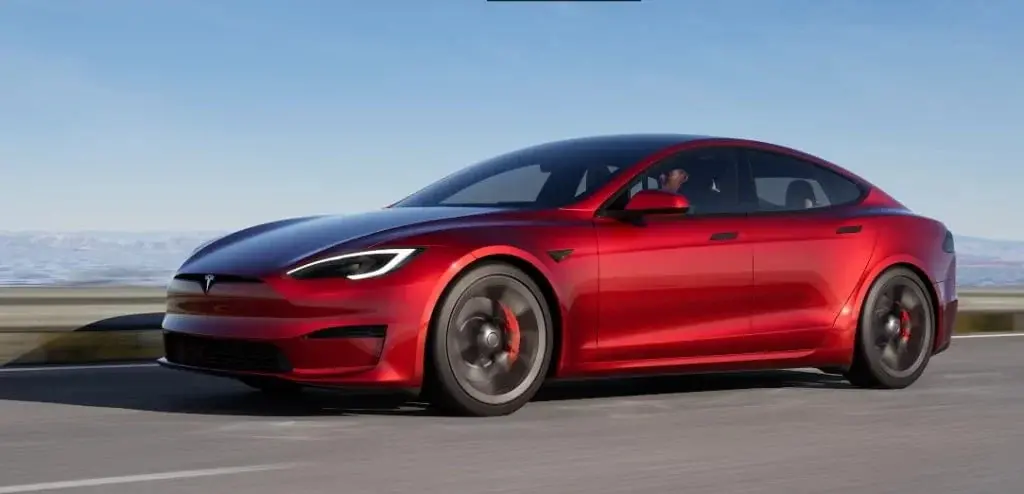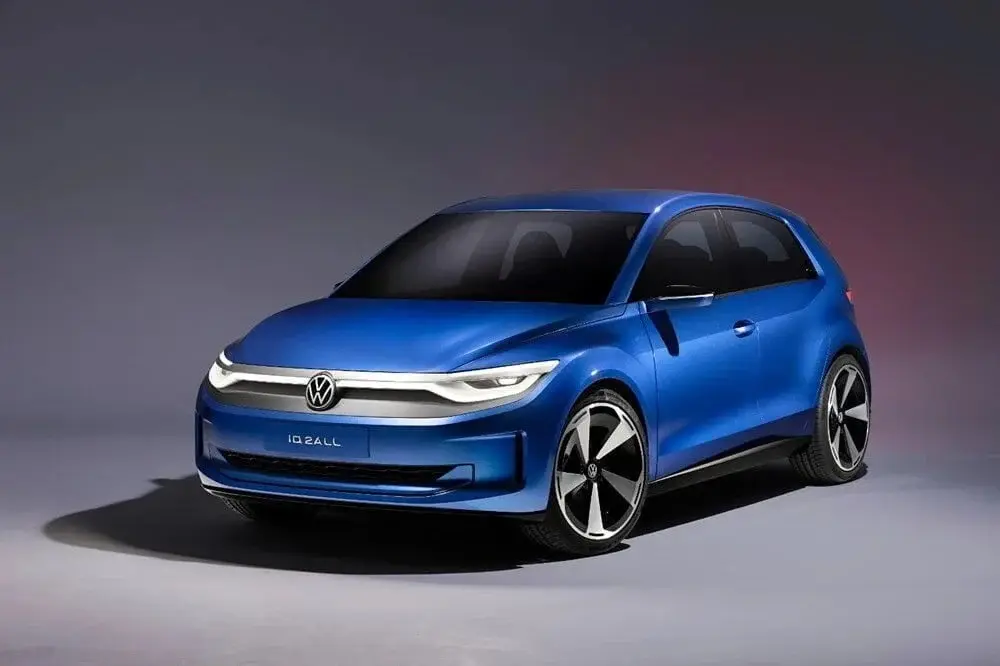BMW’s M Division has confirmed that there will be no ‘iM3’, despite filing a trademark for the name. M boss Frank van Meel has dismissed speculations that the ‘i’ series and ‘M’ line would be fused together. He emphasized that the ‘M’ badge represents a legacy of motorsports and emotion, and it will not blend with the electric series. This highlights BMW’s dedication to preserving the distinct identity of its M Division.
Preserving the Legacy of the M Badge
Van Meel’s interview with Top Gear shed light on BMW’s philosophy and commitment to the M Division’s heritage. The focus is on performance and the rich history associated with the ‘M’ badge. The type of drivetrain does not define the M Division’s essence. This firm stance ensures that the M Division’s legacy remains intact.
Stepping Forward in the EV Race
Although BMW is not pursuing an ‘iM3’, it does not mean that the company is backing away from the electric vehicle (EV) race. BMW already offers four M-branded EVs, such as the iX M60 and i4 M50. Additionally, in 2022, BMW showcased a quad-motor performance prototype on the Neue Klasse electric platform, resembling the classic 3 Series. This demonstration indicates BMW’s readiness to further explore the high-performance EV market.
A Future of Electric Power and M-Badge Performance
While the ‘iM3’ concept may no longer be on the table, BMW is clearly heading towards a future where electric power and M-badge performance coexist, albeit under different names. The company remains committed to developing performance EVs on the Neue Klasse platform. This ensures that the thrill and excitement associated with M Division cars will continue to evolve with the changing times.
In conclusion, BMW’s M Division has firmly dismissed the possibility of an ‘iM3’, emphasizing the importance of preserving the legacy and distinct identity of the ‘M’ badge. However, BMW’s dedication to the electric vehicle race remains strong, as evident from its existing M-branded EVs and the showcase of a quad-motor performance prototype. The future will witness a harmonious balance between electric power and M-badge performance, as BMW continues to innovate on the Neue Klasse platform.



